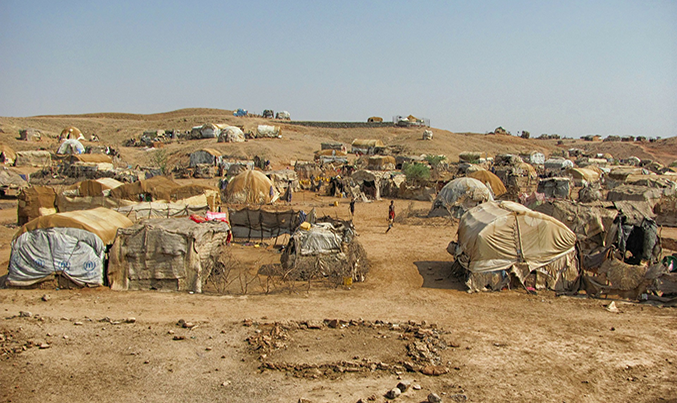Event planning can be stressful for any organization, and especially for nonprofits who are usually tight on funds, the success of an event is additionally required. For NGOs, wasting funds will not be an option because doing so will cause many donors and supporters to lose trust in the organization and eventually discontinue the support they provide. For this reason, NGOs must be creative and innovative to ensure present and future triumphs. Raising funds for nonprofits given that it is a necessary task for NGOs, should effect into additional revenue and not costs.
To encourage more attendees to attend your event, make sure your event will be worthwhile, both for their time and the fees they are required to pay. To do so, take note of the following tips which can enable you to host events successfully.
- Seek for volunteers
Before even beginning an event, sufficient staff and volunteers will be needed to run a successful event. An idea could be seeking for volunteers who are already interested in attending your event, those who are registered in your newsletter or mailing list, or simply those who have previously volunteered under your organization for past events. In line with that, make sure your staff and volunteers know where to find event venues.
- Select an event venue which promotes inclusion
Your event venue not only needs to have sufficient space, but it also has to be accessible to all your participants. This will include people with disabilities such as those who may need to be in wheelchairs, visually impaired, deaf or hard of hearing individuals, and many more. This will act as a contingency to many possible problems which may occur during the event, while also promoting inclusion. By the venue itself, your attendees will not be limited to just a certain group of people. Also try to seek for events which are not difficult to find or attend, because this can possibly turn-off many of your attendees.
- Ask for feedback
Lastly, even after the success of a particular event, and even after you are connected to philanthropists giving away money, donor agencies for NGOs, international funders for NGOs and the likes, there will still be plenty of room for improvement. Apart from accessing the event, try to get hold of the opinions of your participants or attendees. This would come in the form of a survey where people are able to share their insights and basically tell you what you did right and what areas you need improvement on. As much as you would like to gain more information to further identify the improvements you would like to make, try to keep your survey short and precise. That way, your participants will answer accurately. For lengthy surveys, there will be a tendency for your audience not to read all the categories and just answer randomly.
Hosting events especially for the purpose of fundraising can bring many benefits to NGOs. On the other hand, failure to succeed will likewise not be acceptable. Thus, it is essentially necessary that protocol in hosting events are followed. The examples stated in this article can serve as a guide to proper event management which can bring many opportunities for growth.











